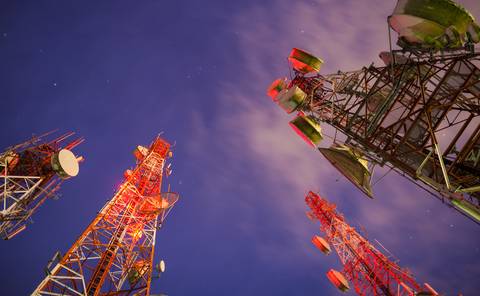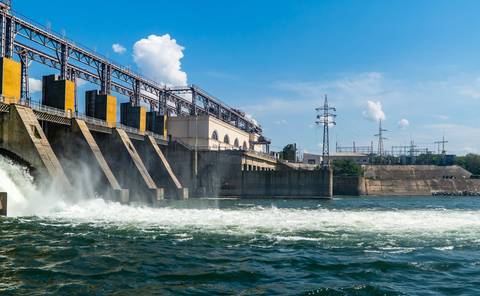Rwanda
Overview
Rwanda, officially the Republic of Rwanda, is a small landlocked country in the Great Lakes region of east-central Africa, bordered by Uganda, Burundi, the Democratic Republic of the Congo and Tanzania. Africa's most densely populated country is trying to overcome the limitations of its small, landlocked economy by leveraging regional trade; Rwanda joined the East African Community and is aligning its budget, trade, and immigration policies with its regional partners. The current government led by Paul Kagame has embraced an expansionary fiscal policy to reduce poverty by improving education, infrastructure, and foreign and domestic investment and pursuing market-oriented reforms.
Economy
Rwanda is a rural country with about 90% of the population engaged in subsistence agriculture and some mineral and agro-processing. Tourism, minerals, coffee and tea are Rwanda's main sources of foreign exchange. The 1994 genocide decimated Rwanda's fragile economic base, severely impoverished the population, particularly women, and temporarily stalled the country's ability to attract private and external investment. However, Rwanda has made substantial progress in stabilizing and rehabilitating its economy to pre-1994 levels. GDP has rebounded with an average annual growth of 7%-8% since 2003 and inflation has been reduced to single digits. Nonetheless, a significant per cent of the population still live below the official poverty line; 45% of the population now lives below the poverty line, compared to 57% in 2006. Energy shortages, instability in neighbouring states, and lack of adequate transportation linkages to other countries continue to handicap private sector growth.
For further information please contact us:





